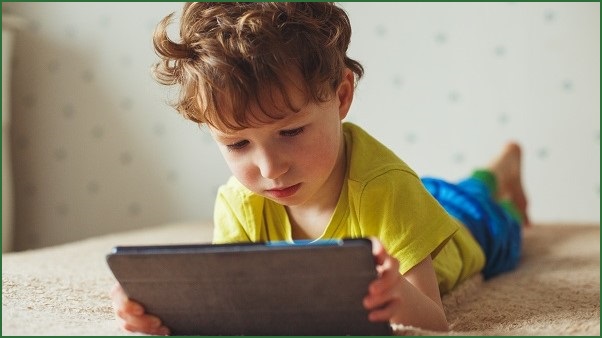Are you concerned about the amount of time your kids spend in front of a screen?
A world-first study looking at the effects of digital technology on children will begin in Australia next year.
Over seven years, the study will enlist 3,000 families across the country to gather data about the lives of digital natives.
This will be a landmark piece of research coming out of the newly established Australian Research Council (ARC) Centre of Excellence for the Digital Child which will receive $35 million in government funding.
Senior researcher at the centre, Professor Leon Straker, told Information Age that his work will help make sure children growing up in the digital age are healthy, well-educated, and well-connected.
“At the moment the internet’s awash with opinions and poor quality evidence about what the benefits and risks are of child interacting with digital technology,” he said.
“We want to be the trusted and credited source of information for families and professionals interested in technology and children so they can get high quality evidence about the good aspects and things to avoid.”
Minister for Industry, Science and Technology, Karen Andrews said the study’s scope extends beyond the detrimental effects of screen time.
“Obviously there are a lot of concerns that people have about the amount of time our young people are spending looking at screens, so that’s going to be one part of our research,” Andrews said.
“But we’re also going to be looking at the positive impacts of technology. We know that the jobs of the future will increasingly require digital skills, so we’ll be looking at how digital skills young children, little toddlers are learning as they’re navigating the games on an iPad, how that will help them as they move through kindergarten and into school.
“And as a parent I always want our kids to remain safe, so clearly we need to look at online safety as part of everything that we do.”
Professor Susan Danby, head of the ARC Centre of Excellence for the Digital Child, said the centre’s research output will influence policy and educational decision-making.
“This will involve improving curriculum and learning materials for educators so they can better enable students’ digital learning as well as designing innovations to ensure children are learning in safe digital environments,” she said.
“Australia will inform international agendas in minimising children’s digital risks and maximising positive digital engagement.
“The centre’s critical mass of researchers and industry partners will actively shape positive futures for all Australians by focusing on our very youngest.”










